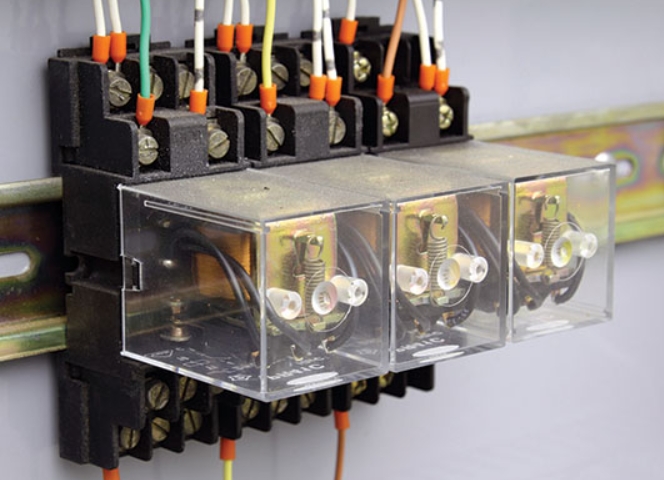Relays play a crucial role in various industries, serving as essential components in electrical systems. However, what happens if a relay fails? In this blog post, we will delve into the potential consequences of relay failure, exploring the impact on different sectors and highlighting the importance of proactive maintenance and monitoring. From safety hazards to operational disruptions, understanding the risks associated with relay failure is paramount in ensuring the smooth functioning of critical systems.
- Safety Risks:
When a relay fails, safety hazards can arise, posing a threat to both personnel and equipment. In industrial settings, a malfunctioning relay can lead to electrical fires, electrocution risks, or even explosions. In the transportation sector, relay failures in signaling systems can result in accidents or derailments. By comprehending the potential safety risks, industries can implement preventive measures and mitigate the dangers associated with relay failure. - Operational Disruptions:
Relay failures can cause significant operational disruptions, impacting productivity and efficiency. In manufacturing plants, a faulty relay can halt production lines, leading to costly downtime and delays in meeting customer demands. In data centers, relay failures can result in power outages, leading to data loss and service interruptions. By implementing robust monitoring systems and conducting regular inspections, organizations can minimize the risk of operational disruptions caused by relay failures. - Financial Implications:
The financial implications of relay failure can be substantial. Repairing or replacing damaged equipment, addressing safety concerns, and compensating for lost productivity can all incur significant costs. Moreover, the reputational damage resulting from system failures can lead to customer dissatisfaction and potential business losses. By investing in reliable relay systems, conducting thorough risk assessments, and implementing preventive maintenance strategies, organizations can mitigate the financial impact of relay failures. - Environmental Consequences:
Relay failures can also have adverse environmental consequences. In power generation plants, a relay failure can lead to uncontrolled release of pollutants or even environmental disasters. In transportation systems, relay failures can disrupt the efficient use of resources, leading to increased fuel consumption and carbon emissions. By prioritizing regular maintenance, organizations can minimize the environmental impact of relay failures and contribute to sustainable practices.
Conclusion:
The consequences of relay failure extend far beyond mere technical malfunctions. From safety risks and operational disruptions to financial implications and environmental consequences, the impact can be severe and far-reaching. By understanding these risks and taking proactive measures, industries can ensure the reliability and safety of their systems. Implementing robust monitoring, conducting regular maintenance, and investing in high-quality relay systems are essential steps towards preventing relay failures and safeguarding critical operations.






